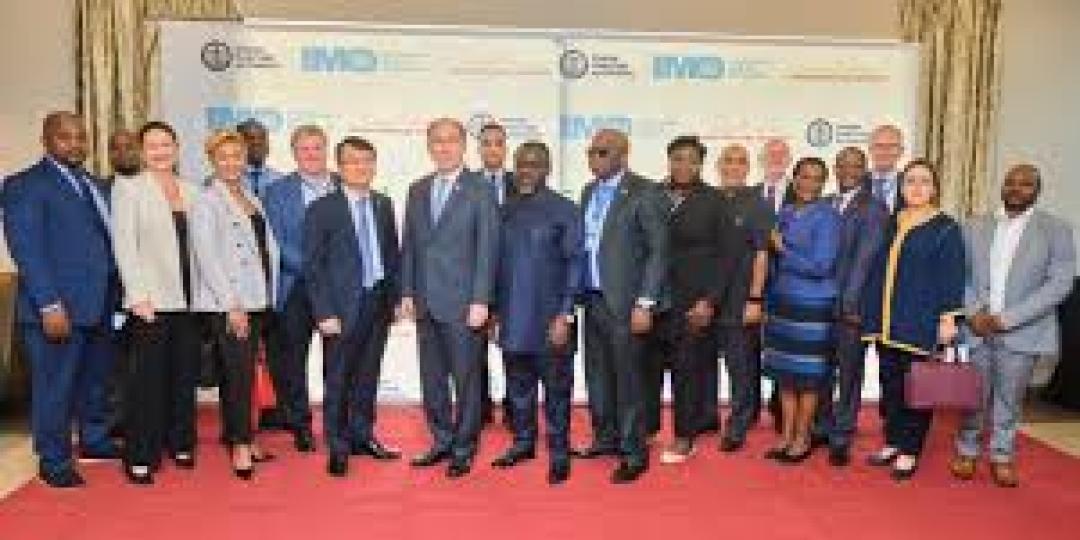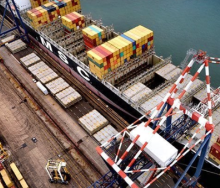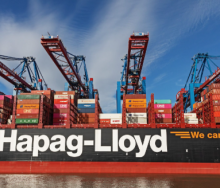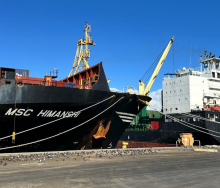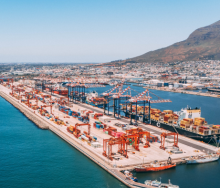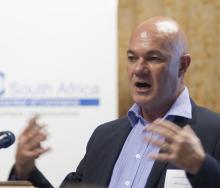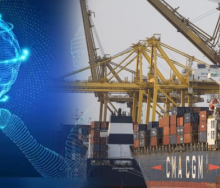On May 5, the International Maritime Organisation (IMO), in partnership with the Kenya Maritime Authority, hosted the Low-Carbon Shipping in Africa conference in Mombasa.
An abundance of solar, wind and thermal energy on the continent placed it at the centre of global decarbonisation of maritime industries, said the IMO.
The conference’s aim was to act as a forum were both challenges and opportunities of shipping decarbonisation in Africa were explored. It also looked into a range of relevant topics, including the IMO’s contribution to global climate action, shipping as an enabler of climate action and the energy transition, capacity building, partnerships and technological co-operation.
"2023 is a critical year for maritime decarbonisation, with member states at the 80th session of IMO's Marine Environment Protection Committee in London during the first week of July set to adopt IMO's 2023 GHG Strategy," said Xiaojie Zhang, Director, Technical Co-operation Division, IMO.
Zhang encouraged African countries to take advantage of the potential revenue to be generated on the continent throughout the process of phasing out greenhouse gases. The IMO is going to adopt a revised Green House Gas Strategy in July, which clearly marks a phase-out schedule for international shipping industries. As a result, the global shipping industry will be actively looking for providers of alternative fuels, and the IMO believes African ports could become future alternative fuel hubs.
Zhang also looked at potential carbon revenue that could be earned through IMO economic measures, including fuel levies for financing port infrastructure, improving capacity and constructing bunkering facilities.
Additionally, Nancy Karigithu, the Special Envoy on Blue Economy Kenya, highlighted the range of financial aid mechanisms such as public-private partnerships, climate funds and green bonds, which can facilitate the transition to low-carbon shipping.
"The transition needs to be inclusive and equitable," said Karigithu.
